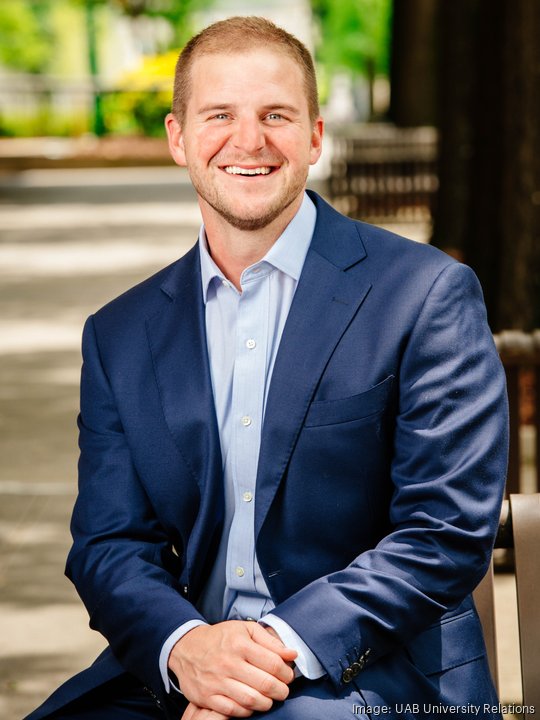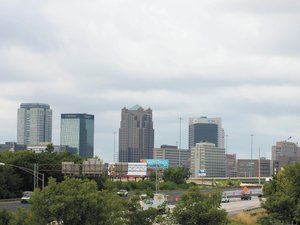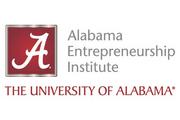
Now that Birmingham has submitted a bid to receive a federal Tech Hub designation, all there is to do is wait to see if the city is chosen.
If it is, the implications are big. Millions of dollars in federal funds could be infused into the city’s tech economy in an effort to strengthen the region’s capacity to manufacture, commercialize and deploy critical technologies. Those initial funds could total $75 million.
Southern Research is spearheading the effort. CEO Josh Carpenter said Birmingham has the potential to be a globally competitive leader in biotech, and a federal Tech Hub designation may be just what the city needs to help fuel that growth. But competition is fierce.
In the first phase of the program, 20 cities will be awarded Tech Hub status, but in the second selection, it will be pared down to five to 10 cities, which will get $75 million for their regions.
Just the title is worth something, Carpenter said.
“I think the designation itself would be a powerful message to say ‘This is the next frontier city for biotech.’ It’s not just about what’s happening in Boston or the Bay Area,” Carpenter said. “The third ‘B’ in biotech should be Birmingham. Birmingham should be up there.
“Focusing on the ways that we’re distinctive, the fact that we do have these incredible R&D assets, but we’re also proximate to a lot of health care inequality. We’re motivated to fix a lot of these problems, and I think these health care problems, these health care inequalities, are really distinctive.”
And beyond the title, the funding would help fill gaps and provide much-needed infusions of cash for projects around the city.
“If we are awarded ... it will have major consequences not just for physical infrastructure, like investing and improving the real estate around Southtown, but we’ll also have really profound consequences for job growth here as we seek to build out those jobs and then imagine a place where those employers have employees go spin those jobs into small businesses around the area.”
As for the city’s competitive advantage, Carpenter said Birmingham has a density of assets.
“The proximity of first-class research institutions to patients that desperately need care, I think creates an urgency to connect research and development to health outcomes and health quality in ways that other communities maybe are a little bit more abstracted from.”
Partnerships are also key.
“Whether it’s the cancer research collaboration with Tuskegee and the O’Neill Comprehensive Cancer Center or AIDT’s bioscience training program, there are things that are happening in Birmingham that I think could unlock opportunities for people throughout the state,” Carpenter said. “So it’s not that you’d just be investing in Birmingham alone. It would create clear ripple effects throughout the health care community.”









